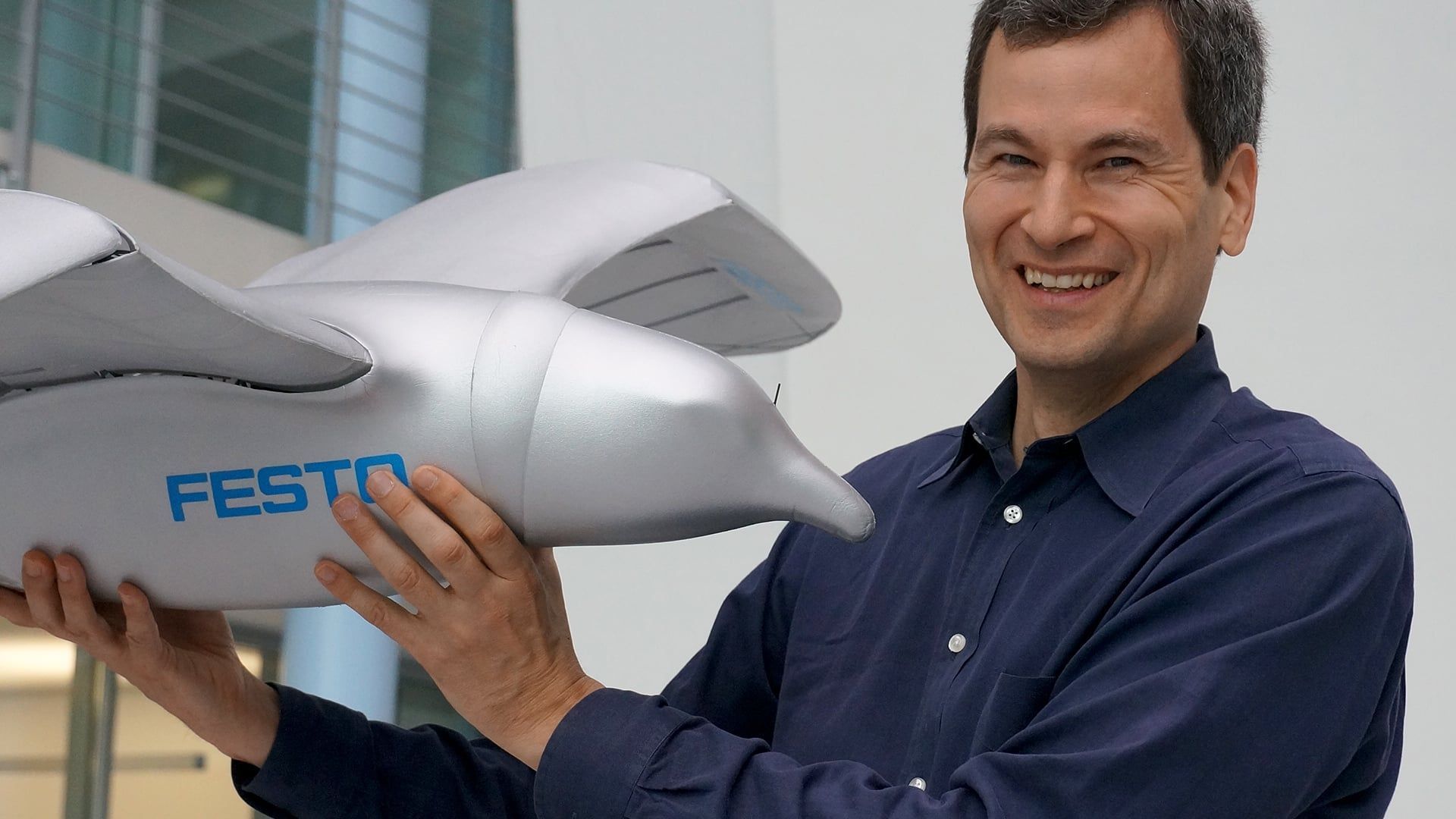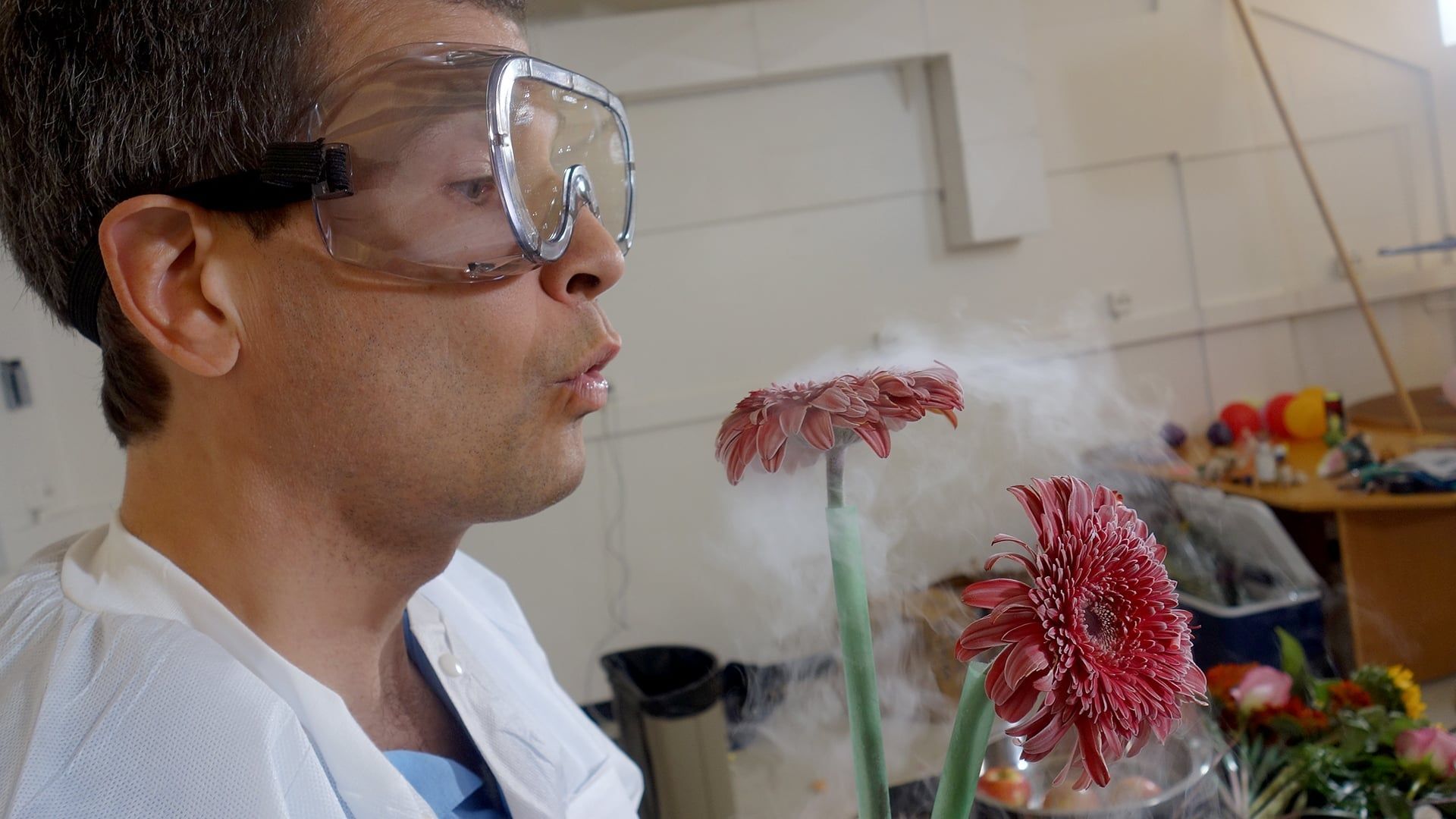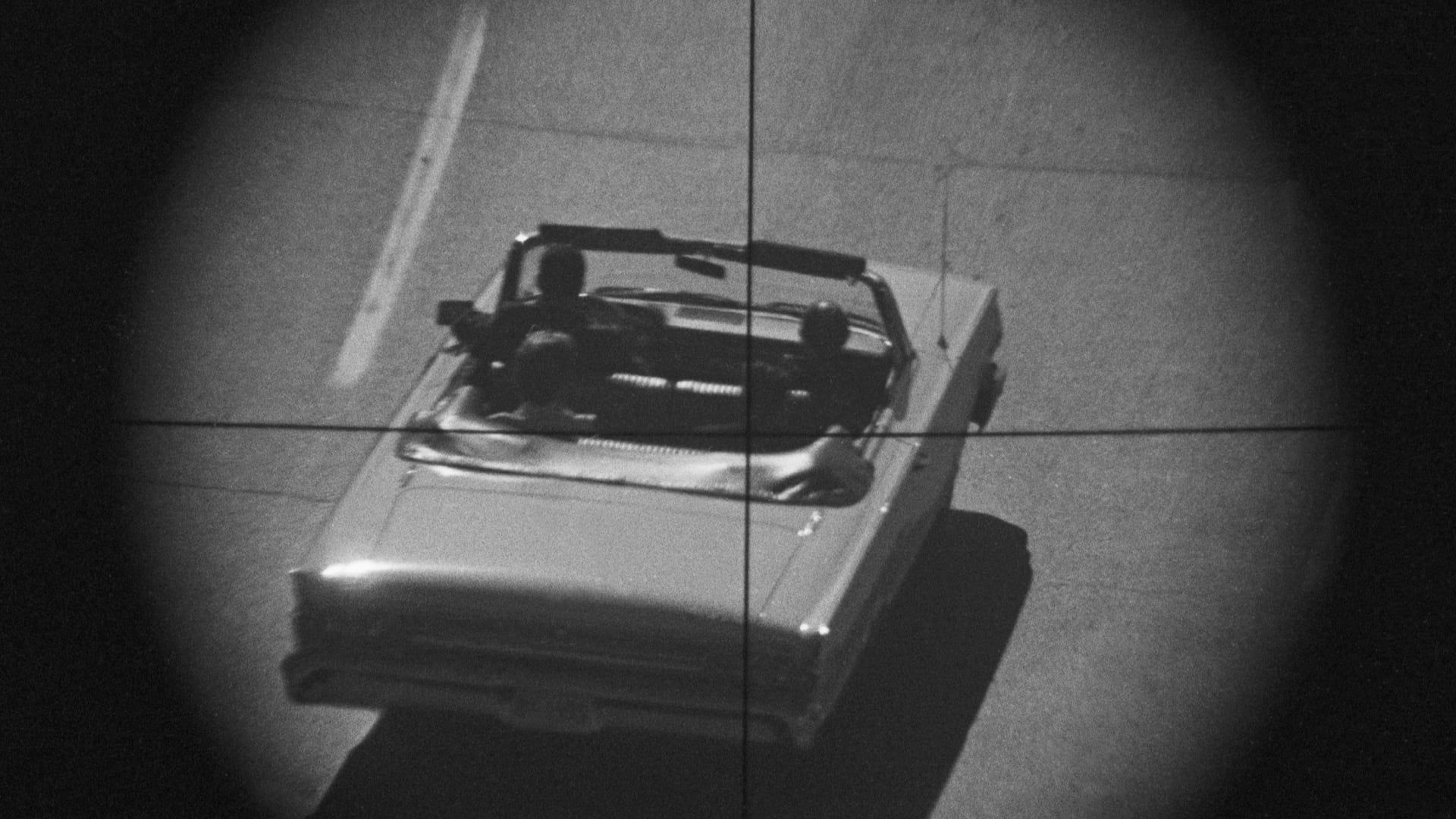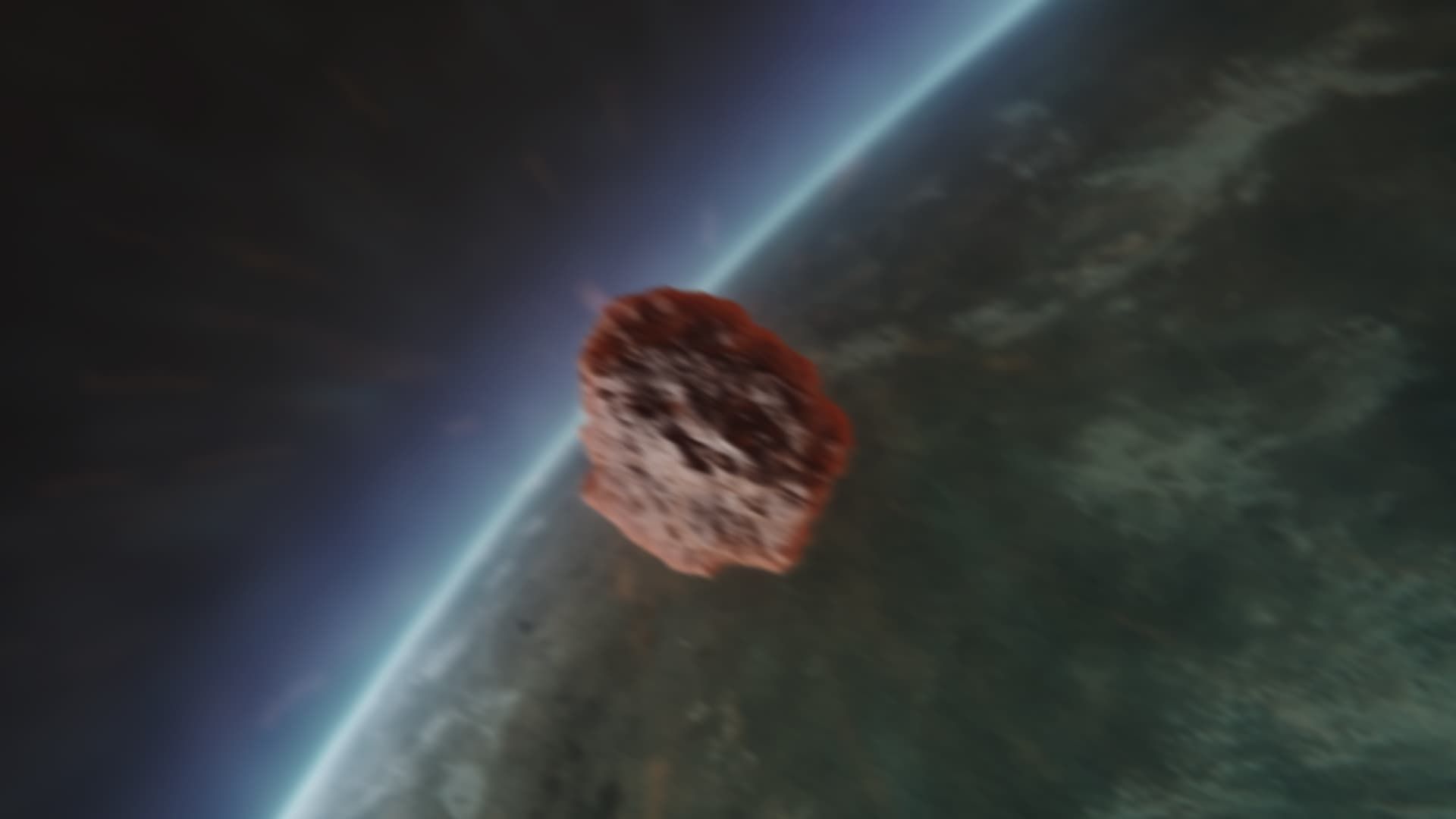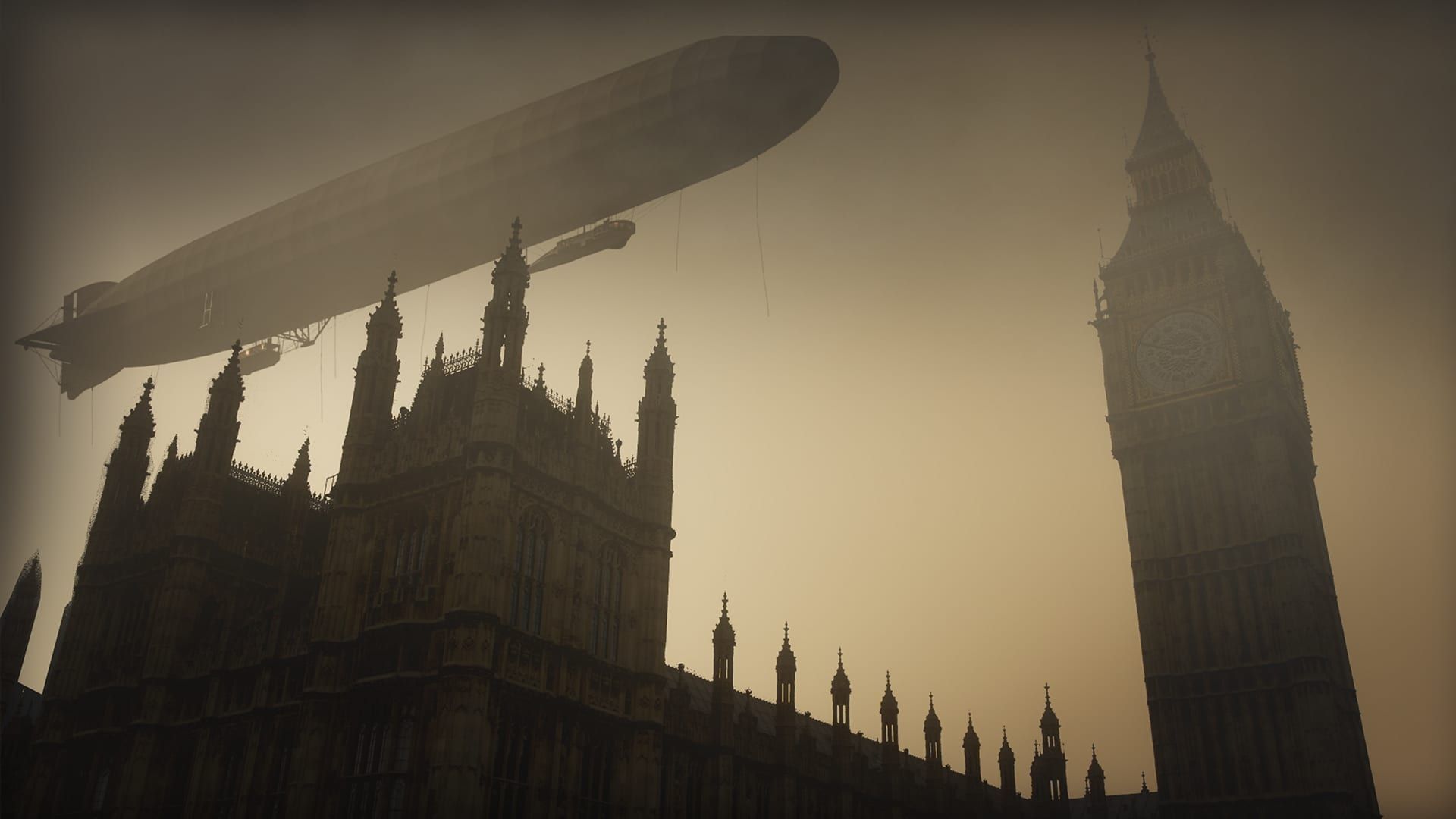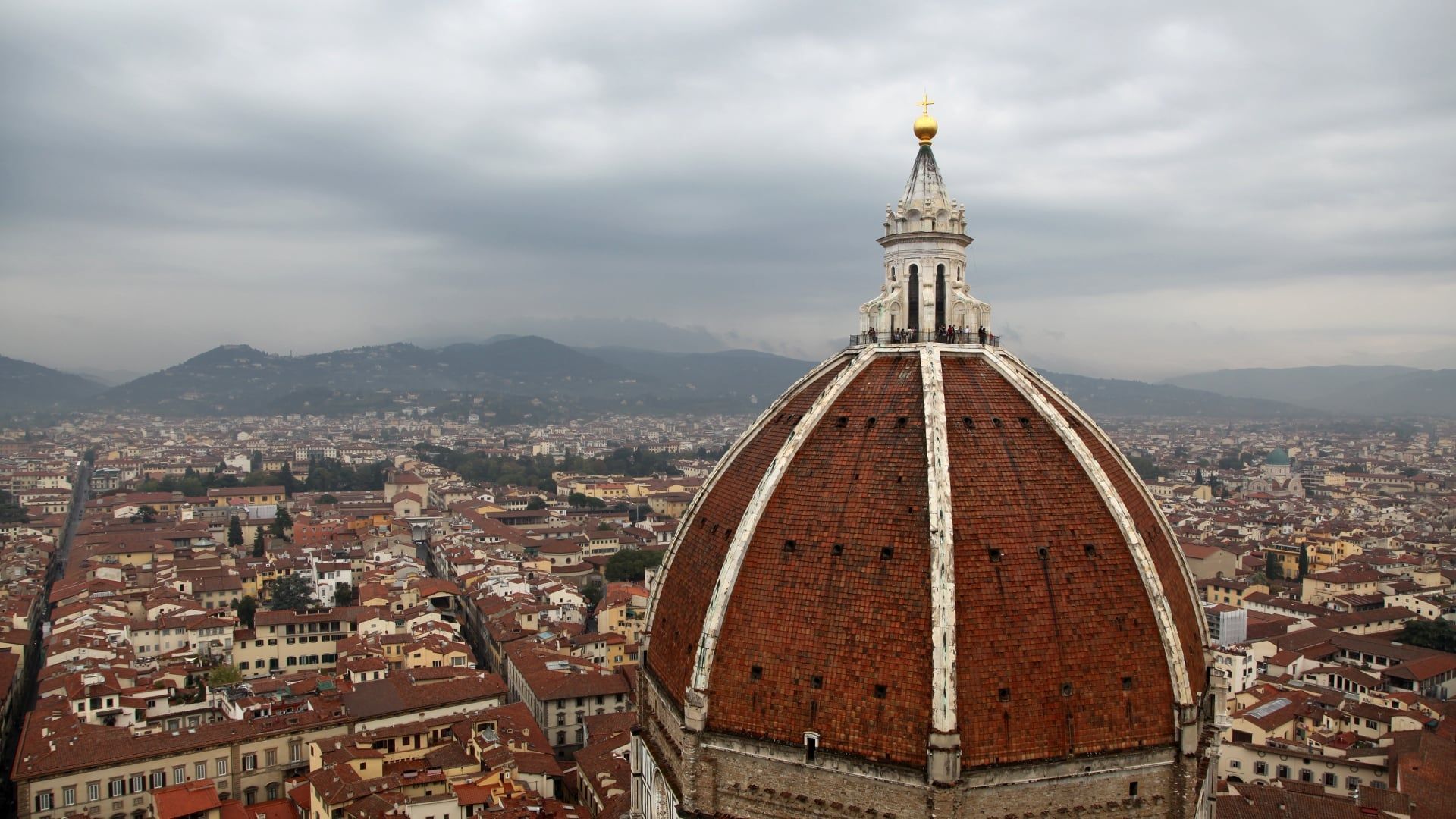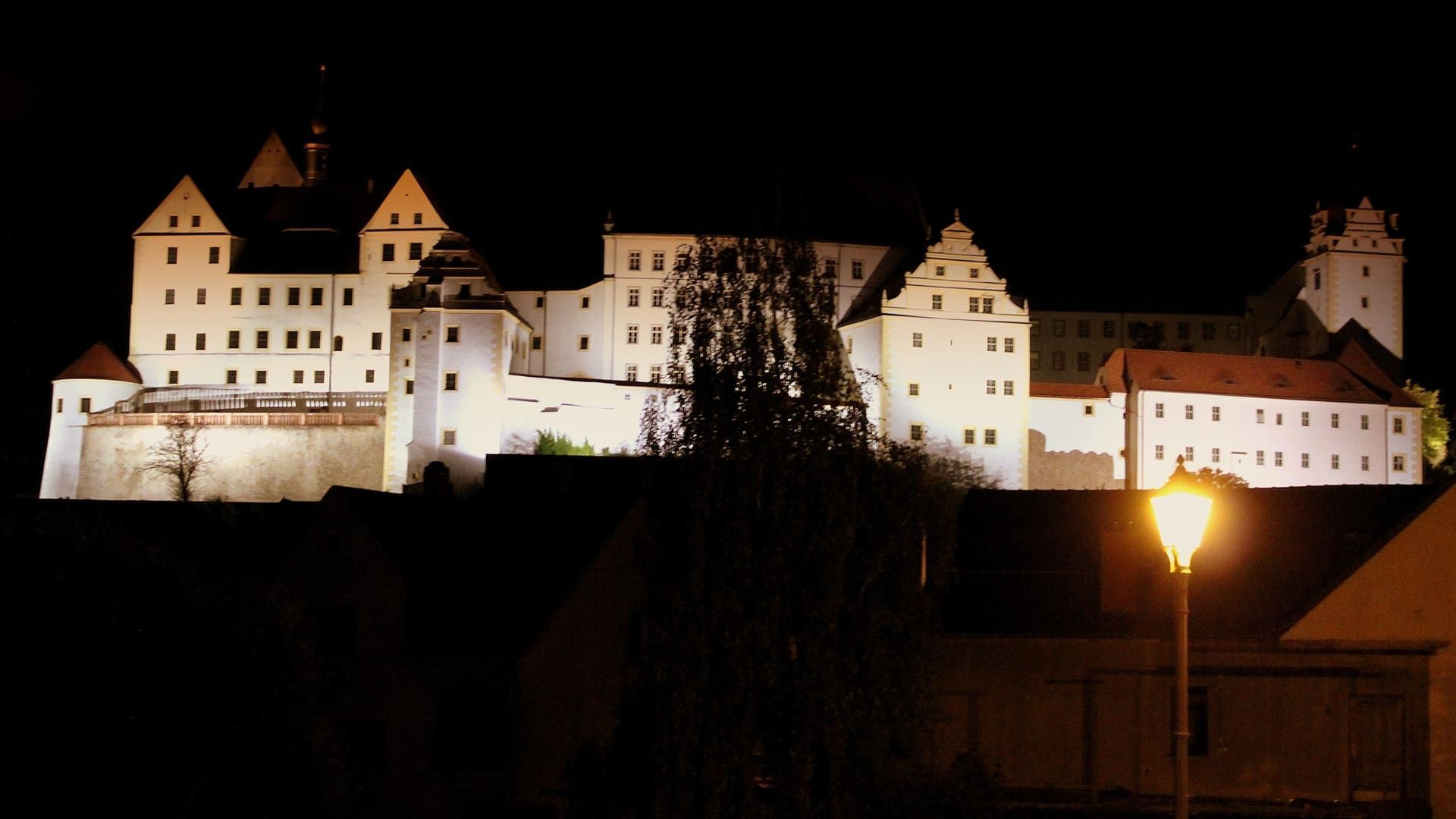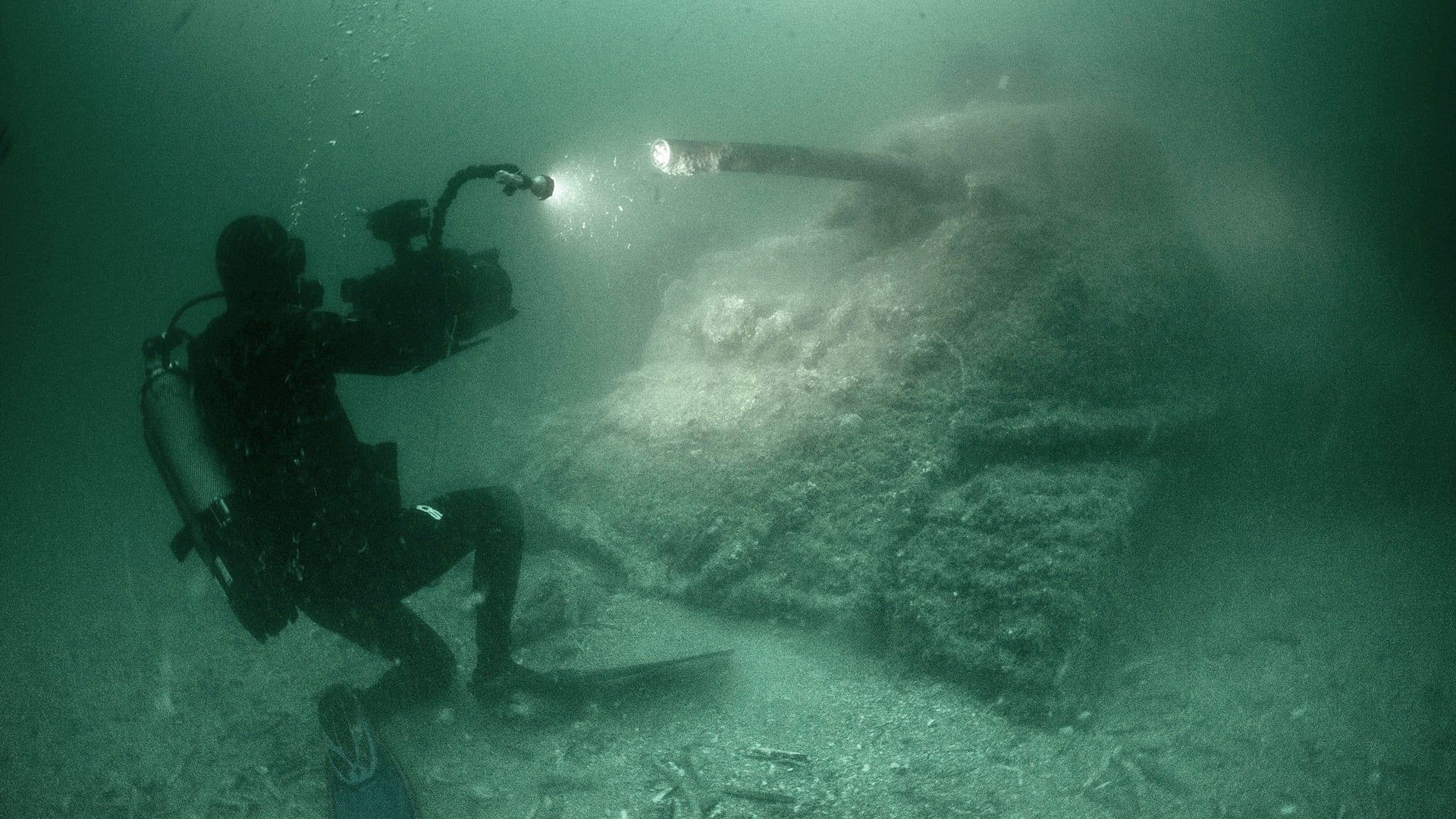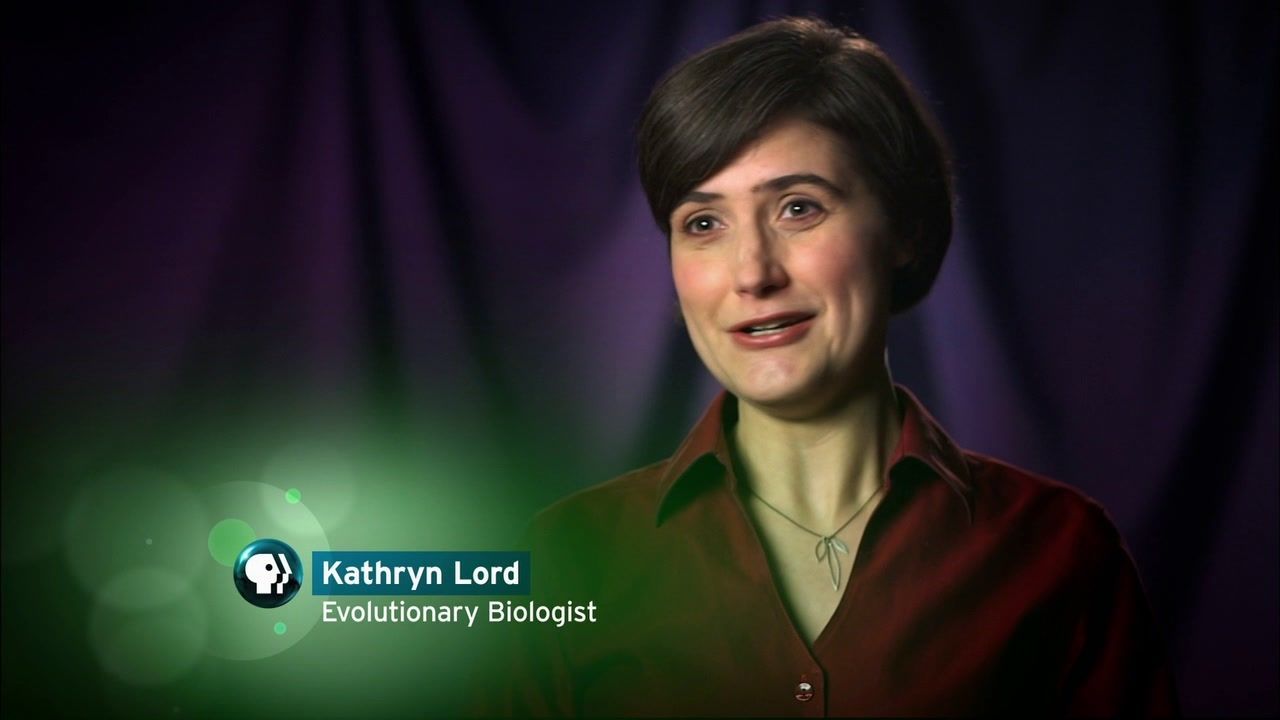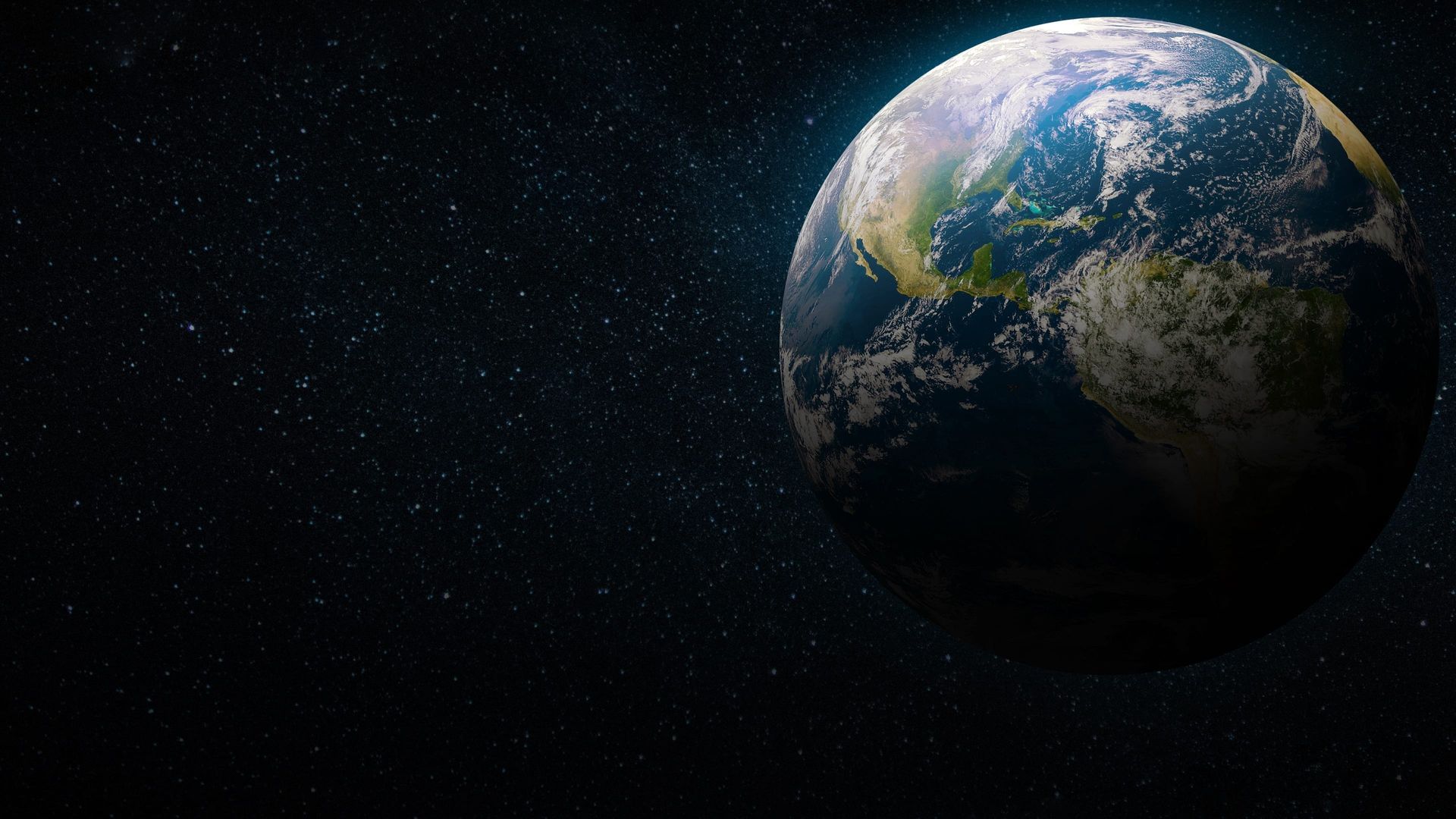
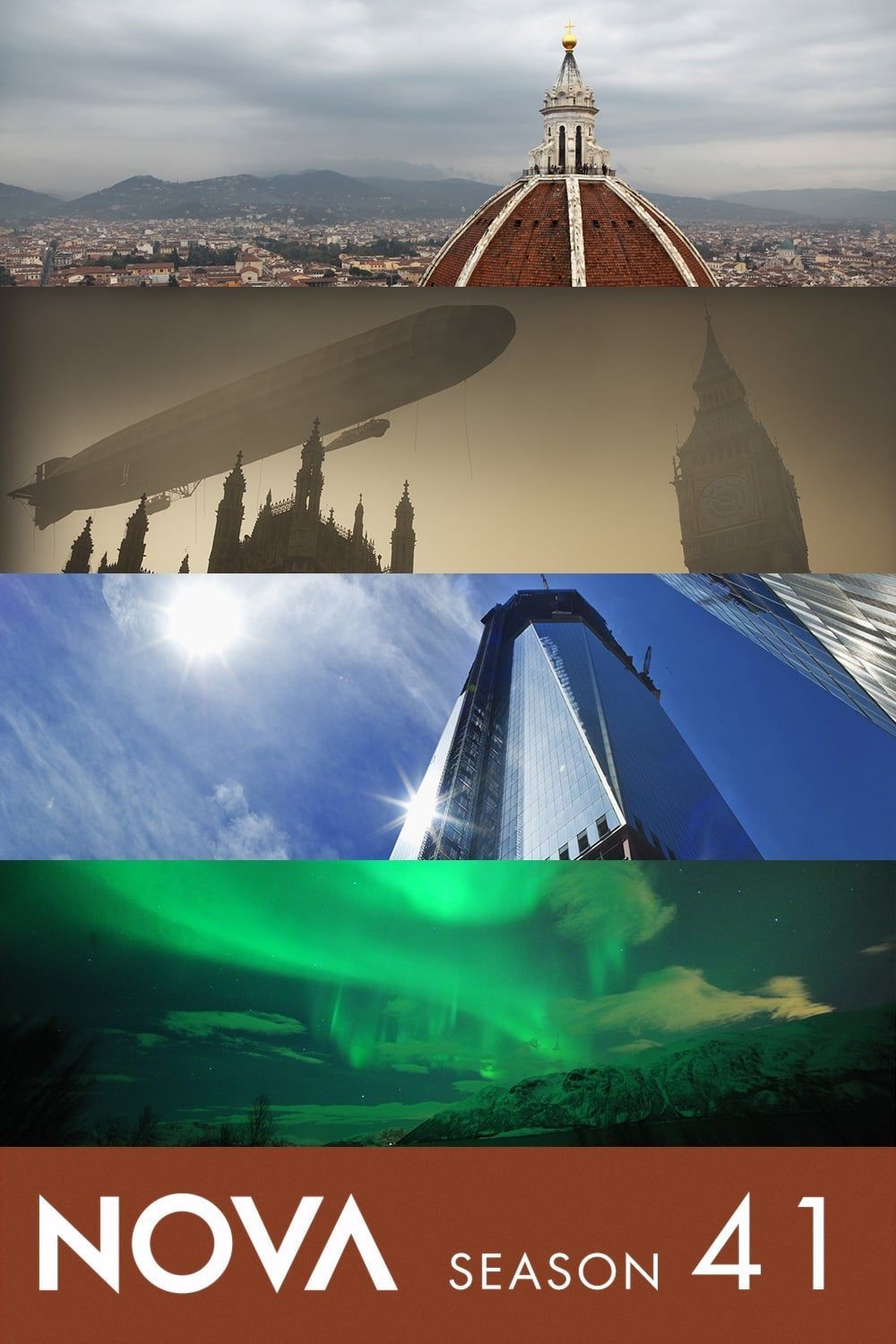
NOVA
Season 41
TV-PG
A weekly documentary series, each episode providing an in-depth look at a different subject of scientific research. Subjects examined by this show have included the cutting edge of theoretical physics, a return to the Chernobyl nuclear reactor, the long-term effects of Amazon deforestation, and the development of life-saving medical techniques.
Where to Watch Season 41
22 Episodes
- Ground Zero Supertower
 E1
E1Ground Zero SupertowerNOVA kicks off the fall season with a return to Ground Zero to witness the final chapter in an epic story of engineering, innovation, and the perseverance of the human spirit. “Ground Zero Supertower” examines the new skyscraper, One World Trade Center, rising up 104 stories and 1,776 feet from the site where the Twin Towers once stood. NOVA also goes underground to see another engineering marvel taking shape here: the construction of the National September 11 Memorial Museum that will house almost a thousand artifacts from that devastating day. In this update of NOVA’s Emmy-nominated special “Engineering Ground Zero,” which featured extraordinary behind-the-scenes access to the struggles of the engineers and architects working at 1 WTC and the 9/11 Memorial, NOVA goes inside the construction of the tower’s final floors and the installation of its soaring, 408-foot spire and beacon. - Megastorm Aftermath
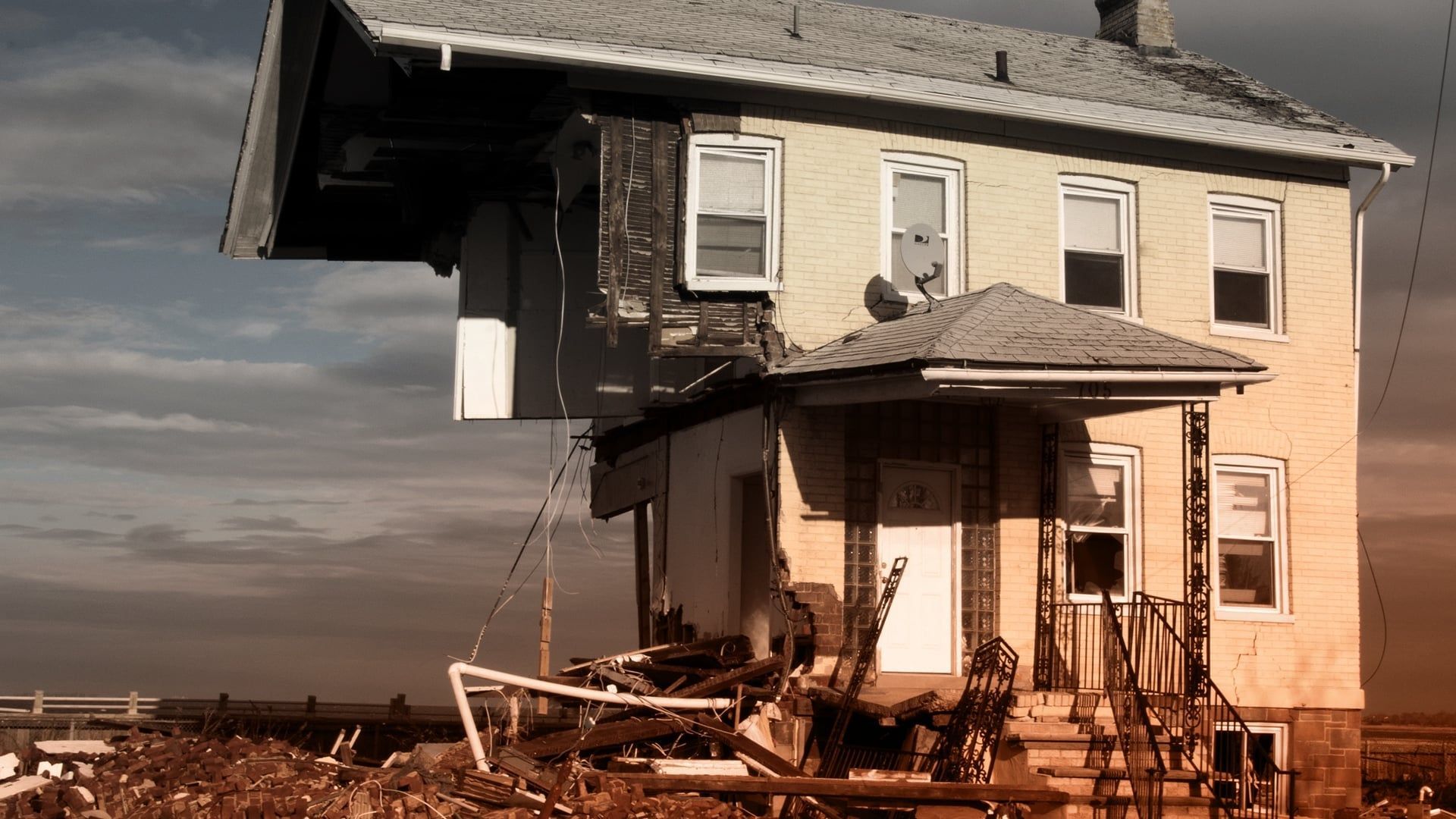 E2
E2Megastorm AftermathFrom PBS - In October 2012, Superstorm Sandy cut a path of devastation across the Caribbean and the East Coast of the United States, killing hundreds and causing tens of billions of dollars in damage. One year after Sandy's deadly strike, NOVA investigates the critical question raised by this historic storm: What can we do to prepare ourselves for the next Sandy? - Making Stuff Faster
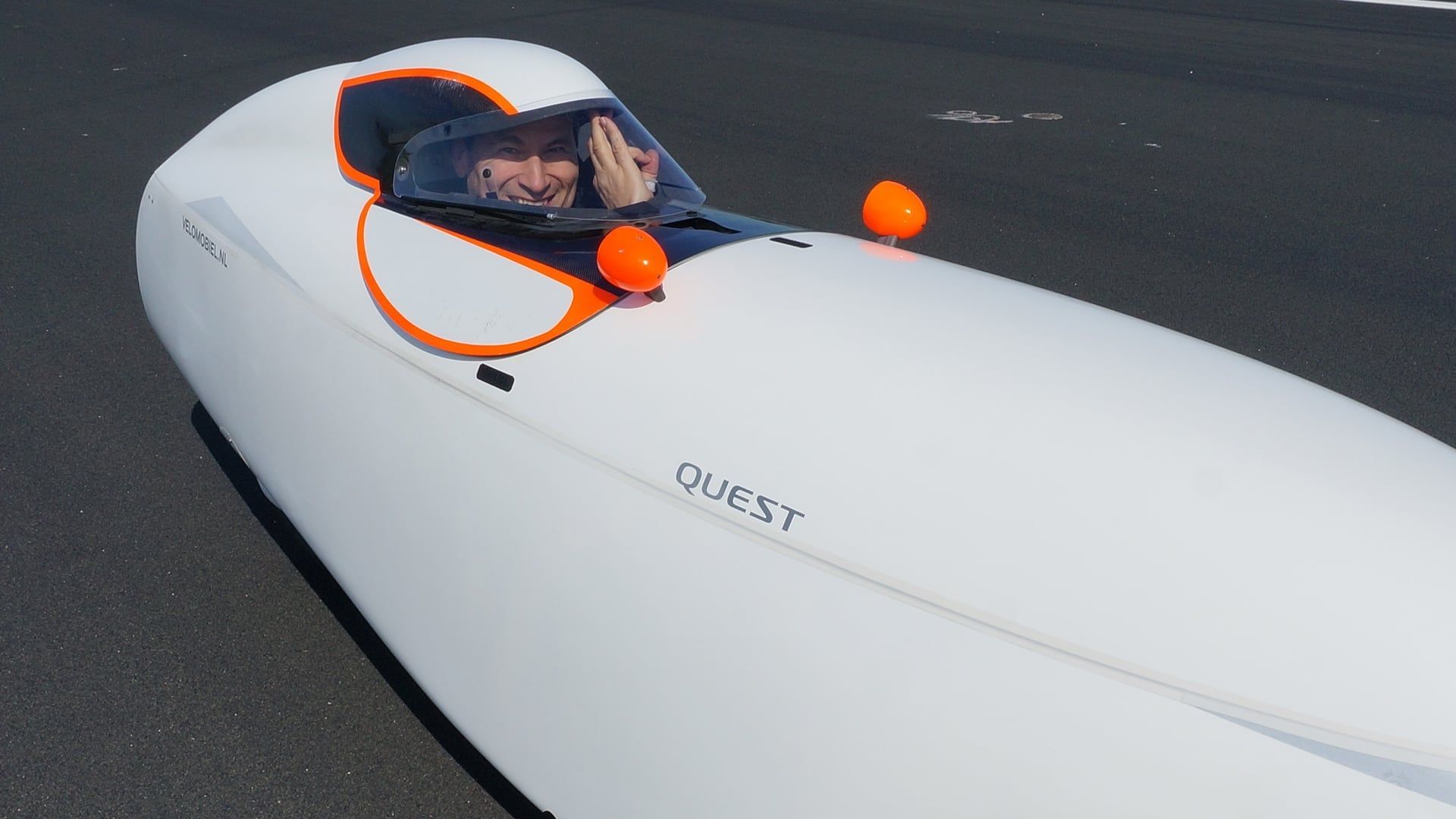 E3
E3Making Stuff FasterEver since humans stood on two feet we have had the basic urge to go faster. But are there physical limits to how fast we can go? David Pogue wants to find out, and in "Making Stuff Faster," he’ll investigate everything from electric muscle cars and the America’s cup sailboat to bicycles that smash speed records. Along the way, he finds that speed is more than just getting us from point A to B, it's also about getting things done in less time. From boarding a 737 to pushing the speed light travels, Pogue's quest for ultimate speed limits takes him to unexpected places where he’ll come face-to-face with the final frontiers of speed. - Making Stuff Safer
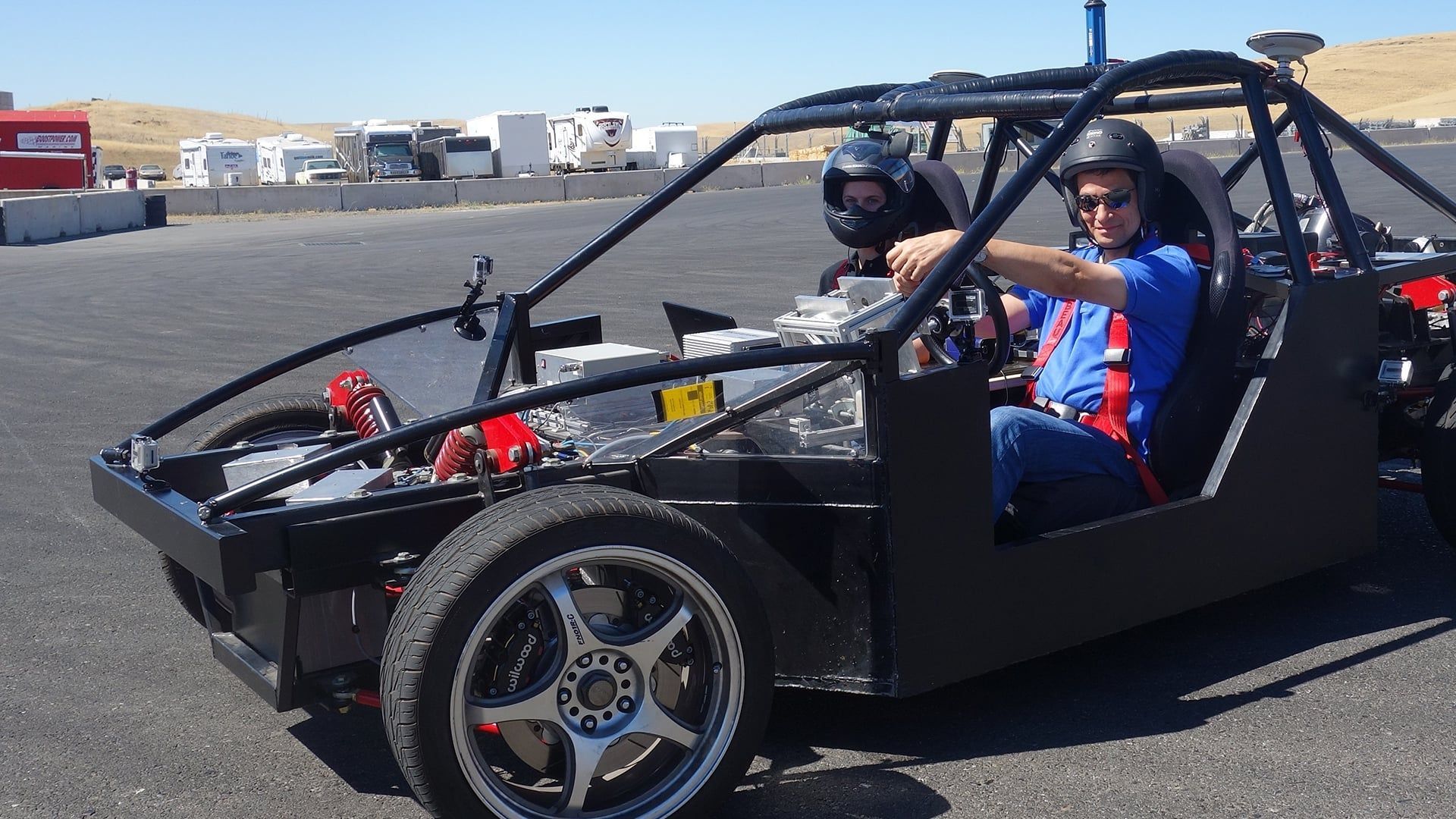 E6
E6Making Stuff SaferThe world has always been a dangerous place, so how do we increase our odds of survival? In "Making Stuff Safer," David Pogue explores the cutting-edge research of scientists and engineers who want to keep us out of harm’s way. Some are countering the threat of natural disasters with new firefighting materials and safer buildings. Others are at work on technologies to thwart terrorist attacks. A next-generation vaccine will save millions from deadly disease. And innovations like smarter cars and better sports gear will reduce the risk of everyday activities. We’ll never eliminate danger—but science and technology are making stuff safer. - At the Edge of Space
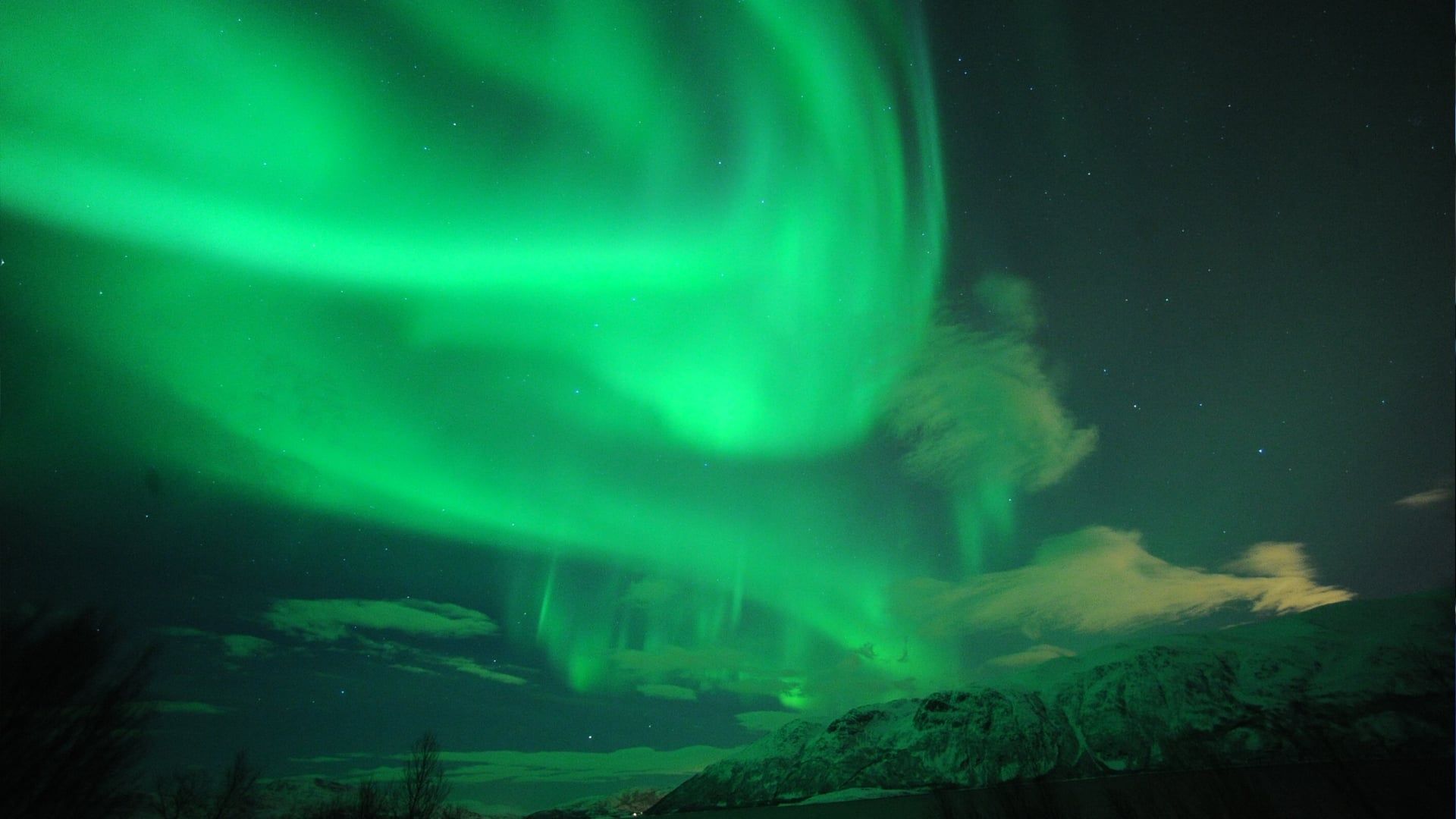 E8
E8At the Edge of SpaceBetween the blue sky above and the infinite blackness beyond lies a frontier that scientists have only just begun to investigate. In "At the Edge of Space," NOVA takes viewers on a spectacular exploration of the Earth-space boundary that's home to some of nature's most puzzling and alluring phenomena: the shimmering aurora, streaking meteors, and fleeting flashes that shoot upwards from thunderclouds, known as sprites. - Alien Planets Revealed
 E10
E10Alien Planets Revealed It’s a golden age for planet hunters: NASA's Kepler mission has identified more than 3,500 potential planets orbiting stars beyond our Sun. Some of them, like a planet called Kepler-22b, might even be able to harbor life. How did we come upon this distant planet? - Killer Typhoon
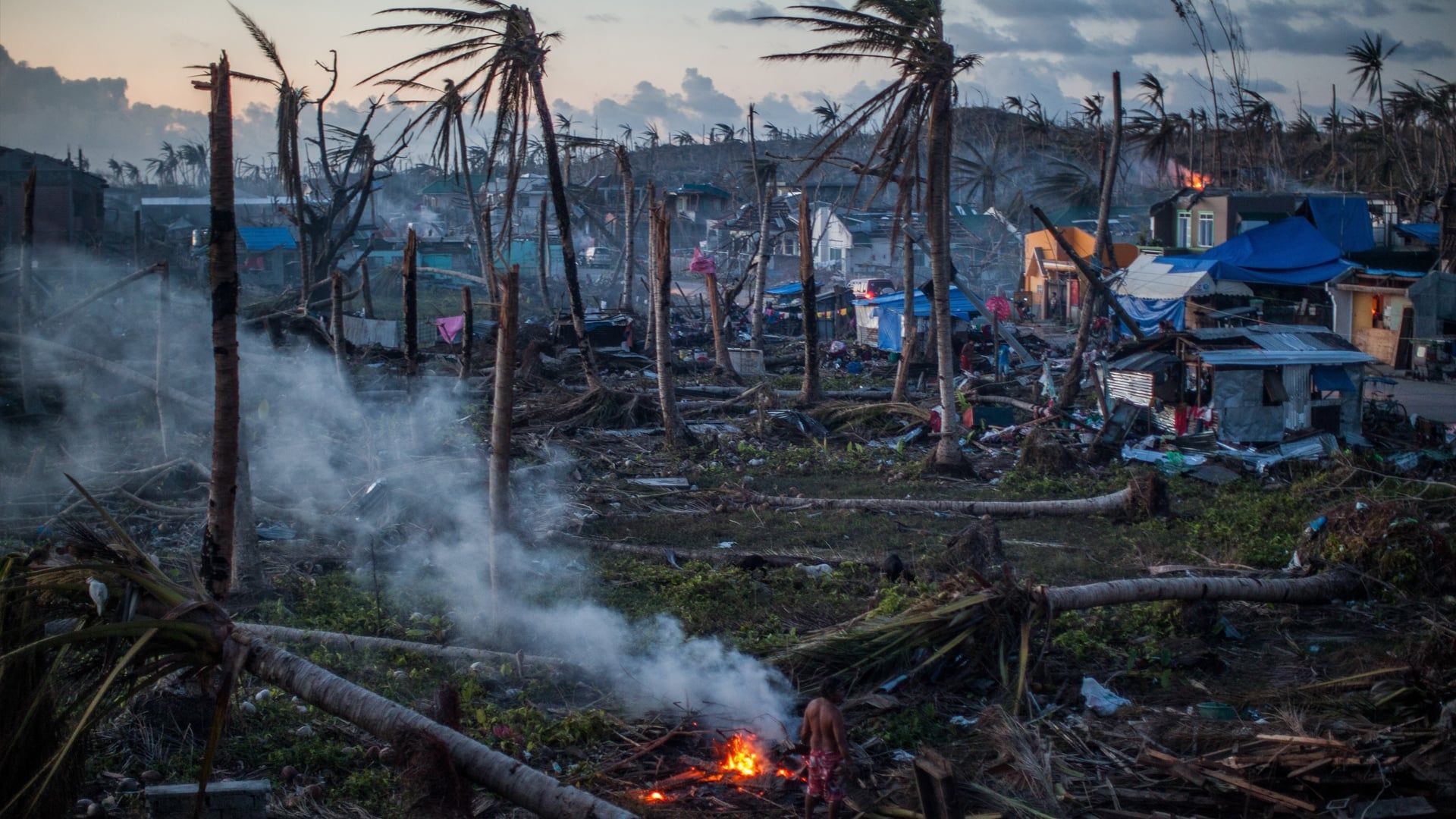 E12
E12Killer TyphoonIt was the strongest cyclone to hit land in recorded history. On November 8, 2013, Typhoon Haiyan slammed into the Philippines, whipping the low-lying and densely-populated islands with 200 mph winds and sending a two-story-high storm surge flooding into homes, schools, and hospitals. It wiped villages off the map and devastated cities, including the hard-hit provincial capital Tacloban. Estimates count more than 5,000 dead and millions homeless. What made Haiyan so destructive? Meteorologists charged with tracking Pacific storms reveal why the Pacific is such fertile ground for cyclones, and NOVA’s film crew documents how conditions dramatically deteriorated in the storm’s aftermath, as impassable roads and shuttered gas stations paralyzed the critical relief effort, leaving food, water, and medicine to pile up at the airport. Disaster preparedness experts scramble to understand why the Philippines was so vulnerable. As climate change and sea level rise threaten millions of the world’s most impoverished people with stronger, and perhaps more frequent, storms, how can we prepare for the next monster typhoon? - Ghosts of Murdered Kings
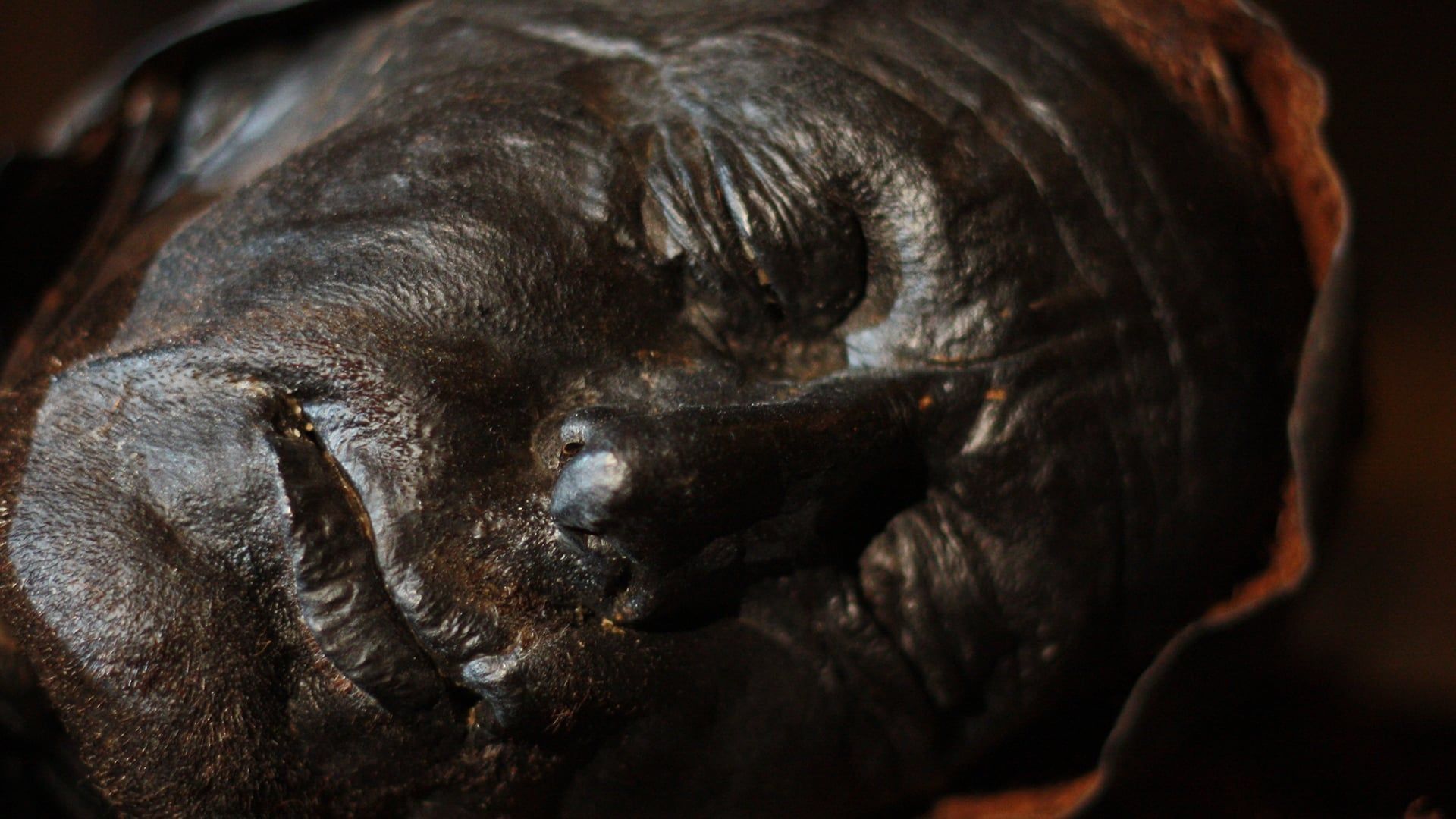 E13
E13Ghosts of Murdered KingsIn the rolling hills of Ireland's County Tipperary, a laborer harvesting peat from a dried-up bog spots the remnants of a corpse and stops his machine just in time, revealing a headless torso almost perfectly preserved and stained dark brown by the bog. Archeologists recognize the corpse as one of Europe's rare bog bodies: prehistoric corpses flung into marshes with forensic clues often suggesting execution or human sacrifice. The corpse will eventually be dated to the Bronze Age, over 3,000 years ago. Many of these were victims of shocking violence, showing evidence of axe blows, hanging, and stab wounds. Like a crime thriller, NOVA follows archaeologists and forensic experts in their methodical hunt for clues to the identity and the circumstances of this and other violent deaths of bog body victims. A new theory emerges that they are those of ritually murdered kings, gruesomely slain to assure the fertility of land and people. NOVA’s ancient detective story opens a tantalizing window on the strange beliefs of Europe's long vanished prehistoric peoples. - Roman Catacomb Mystery
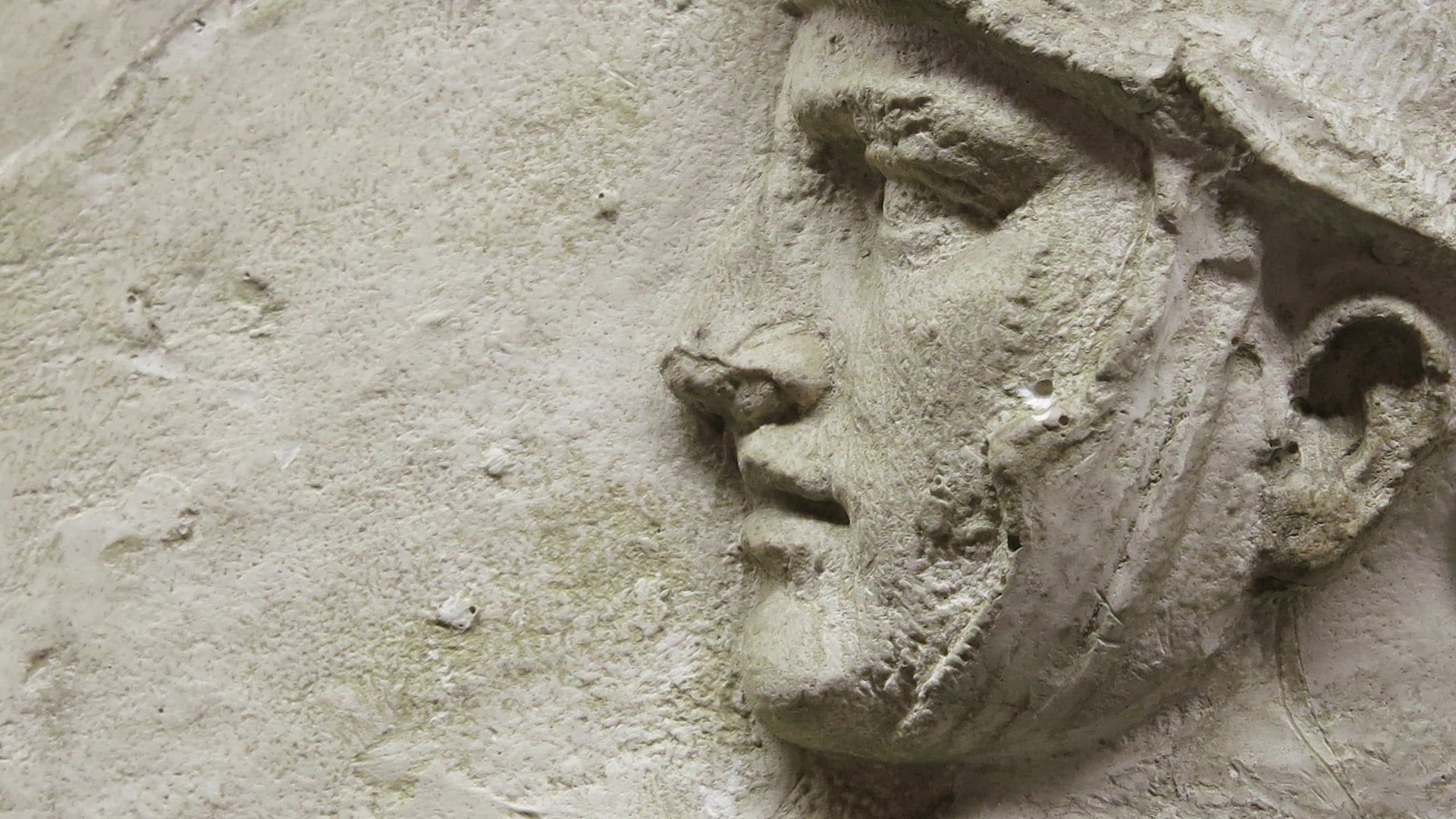 E14
E14Roman Catacomb MysteryBeneath the streets of Rome lies a city of the dead known as the Catacombs—a labyrinth of tunnels, hundreds of miles long, lined with the neatly laid out tombs of the citizens of ancient Rome. Here, in 2002, maintenance workers fixing a broken water main stumbled upon a previously unknown burial chamber like none other in the complex. It was a mass grave of hundreds of bodies spread across six roughly carved caverns, locked away for nearly 2000 years. Who were these people? And can we discover, after all these centuries, what killed them? Could they be Christian martyrs massacred by the Emperor? Or were they felled by a deadly plague? In “Roman Catacomb Mystery,” NOVA’s forensic investigation follows a trail of ancient clues to uncover new secrets of life, death, and disease in the heyday of a mighty empire. - Wild Predator Invasion
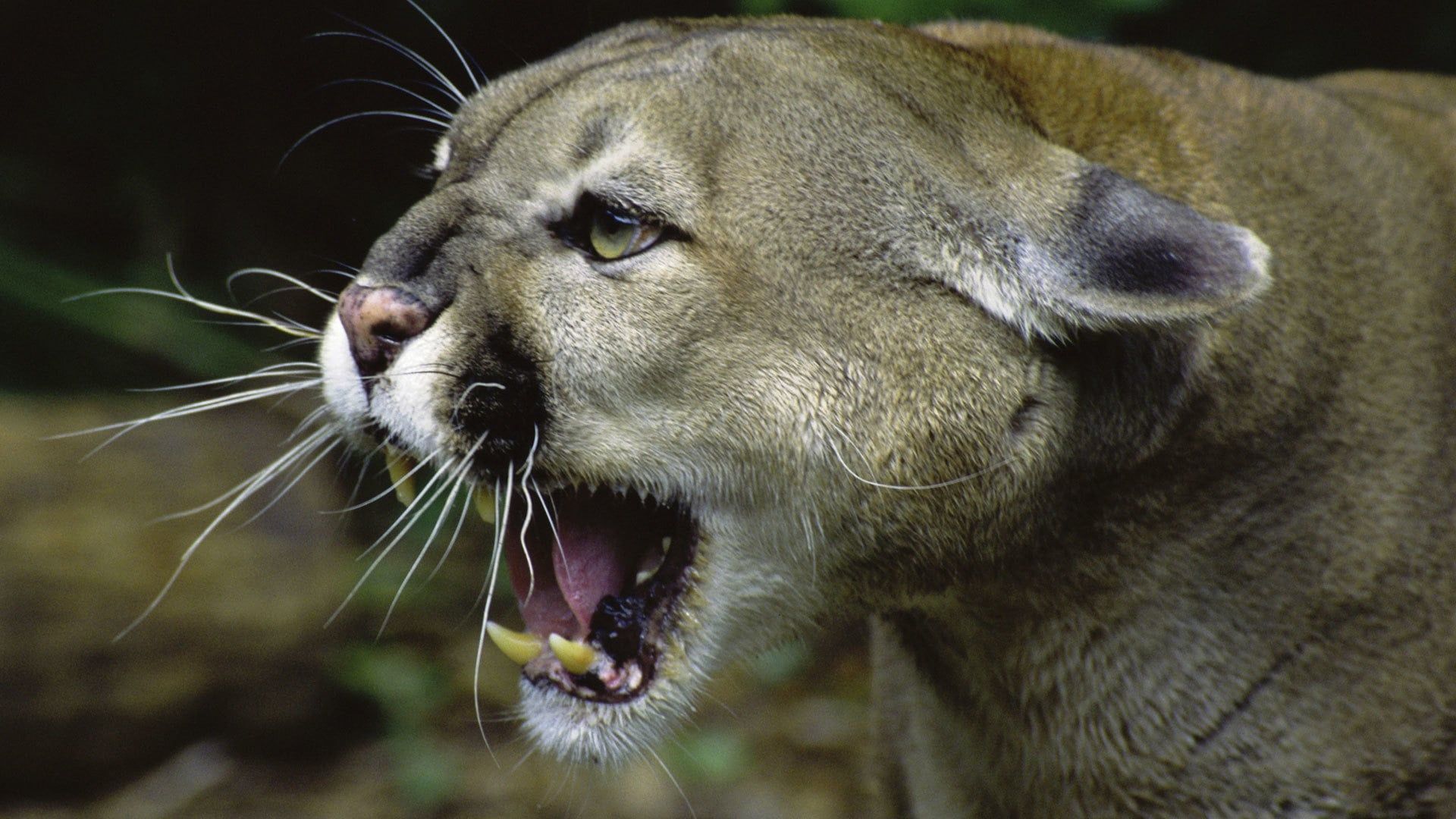 E16
E16Wild Predator InvasionOver the last few centuries we have shot, trapped, and skinned the predators that formerly thrived at the top of the food chain in the wild. Wild bears, wolves, and big cats are all in retreat, and a growing number of scientists are discovering that by eliminating predators, we have changed the environment. Removing predators from the wild has thrown ecosystems off-kilter, triggering domino effects that scientists are just beginning to understand. In "Wild Predator Invasion," NOVA follows scientists who are trying a simple but controversial solution: returning apex predators—like wolves, bears, and panthers—to their natural environments. Can these newly reintroduced predators restore the natural balance of their ecosystems without threatening the humans who live among them? - Inside Animal Minds: Dogs & Super Senses
 E18
E18Inside Animal Minds: Dogs & Super SensesHow animals use their senses. Included: the differences between wolves and dogs in how they interpret visual information and smells, as well as why they differ; and the ways in which animal brains process information provided by the senses - Inside Animal Minds: Who's the Smartest?
 E19
E19Inside Animal Minds: Who's the Smartest?From PBS - What makes an animal smart? Many scientists believe the secret lies in relationships. Throughout the animal kingdom, some of the cleverest creatures -- including humans -- seem to be those who live in complex social groups, like dolphins, elephants and apes. Could the skills required to keep track of friend and foe make animals smarter? To find out, NOVA goes inside the social lives of some of the smartest animals on the planet. - Why Sharks Attack
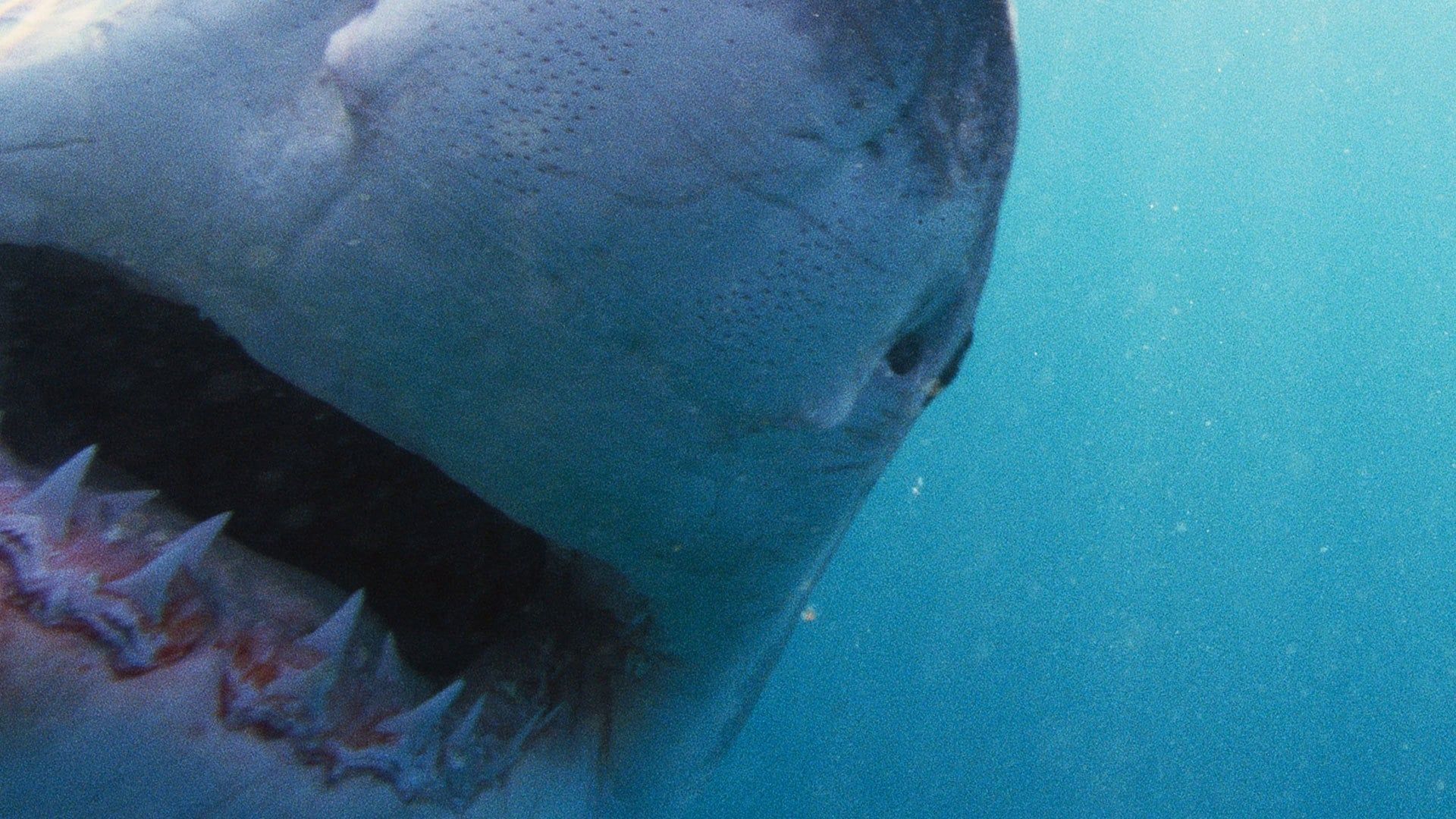 E20
E20Why Sharks AttackIn recent years, an unusual spate of deadly shark attacks has gripped Australia, resulting in five deaths in ten months. At the same time, great white sharks have begun appearing in growing numbers off the beaches of Cape Cod, Massachusetts, not far from the waters where Steven Spielberg filmed the ultimate shark fright film, Jaws. What's behind the mysterious arrival of this apex predator in an area where they've rarely been seen for hundreds of years? Are deadly encounters with tourists inevitable? To separate fact from fear, NOVA teams up with leading shark experts in Australia and the United States to discover the science behind the great white's hunting instincts. Do sharks ever target humans, or is each attack a tragic case of mistaken identity? And can a deeper understanding of shark senses lead scientists to design effective deterrents and help prevent future attacks?
